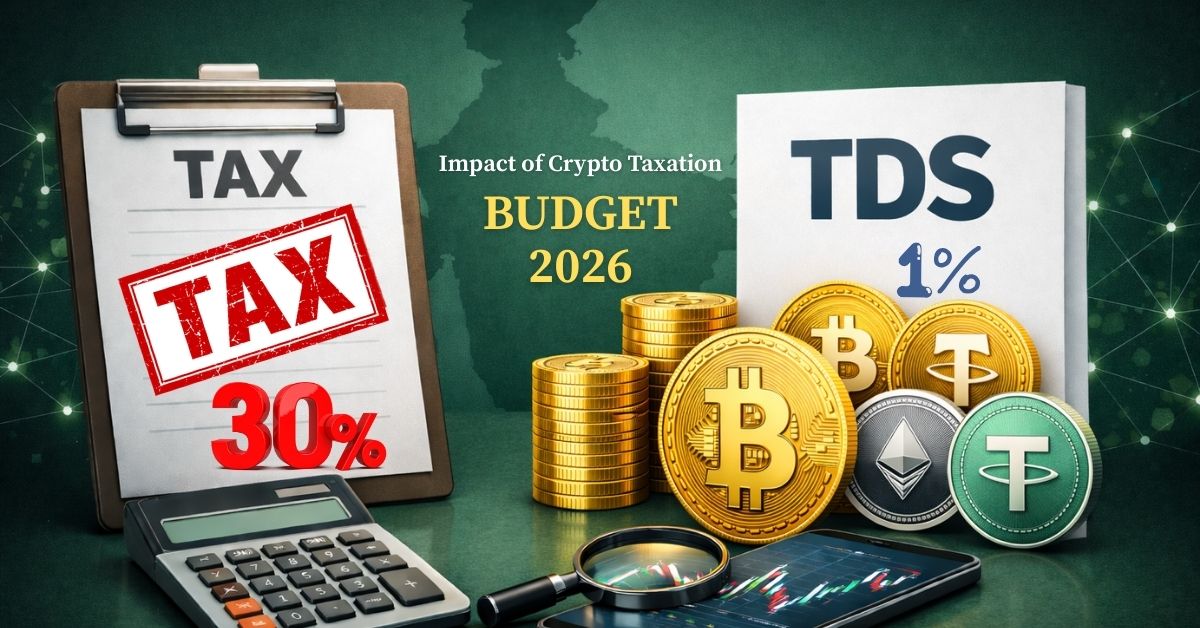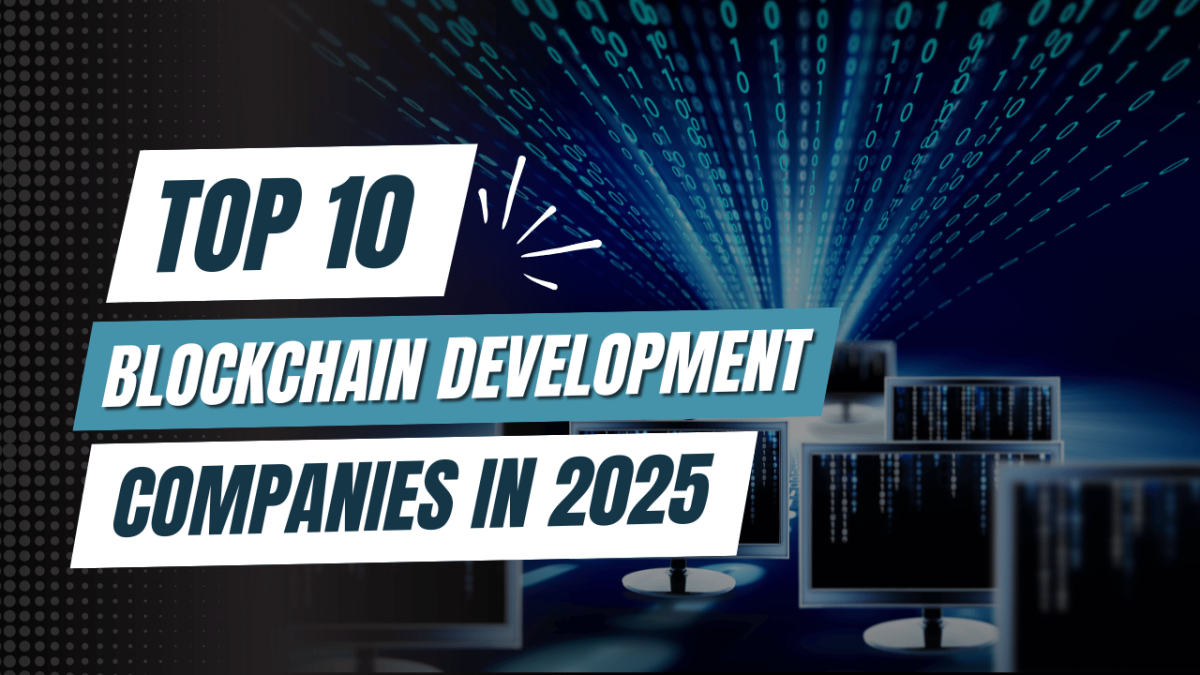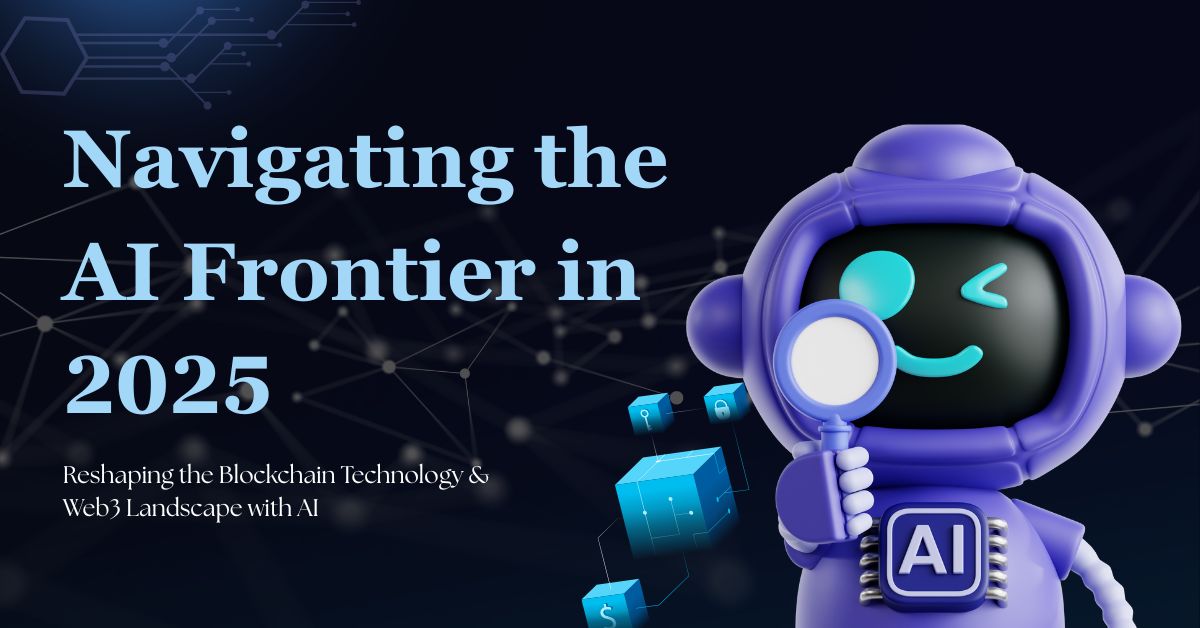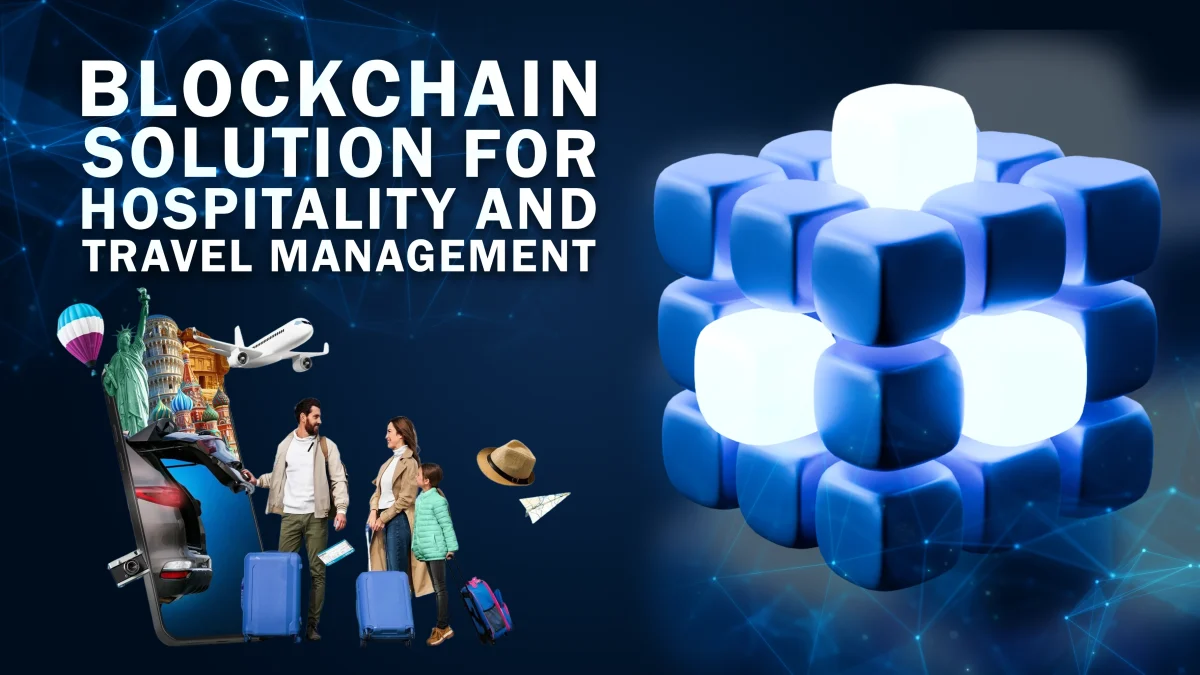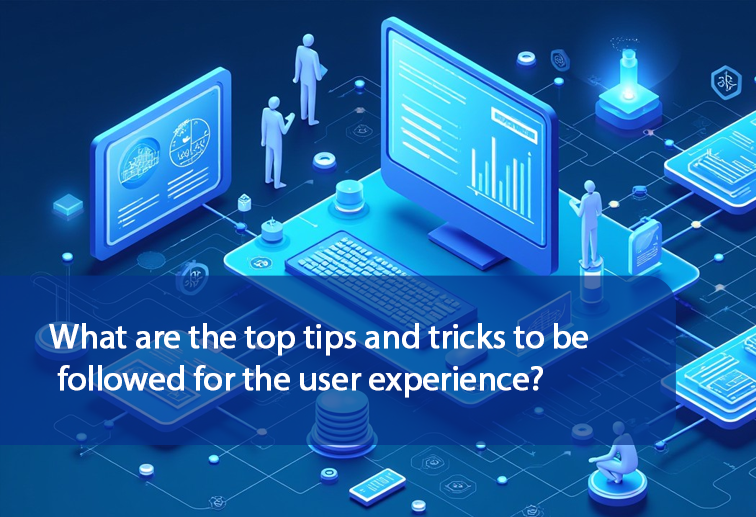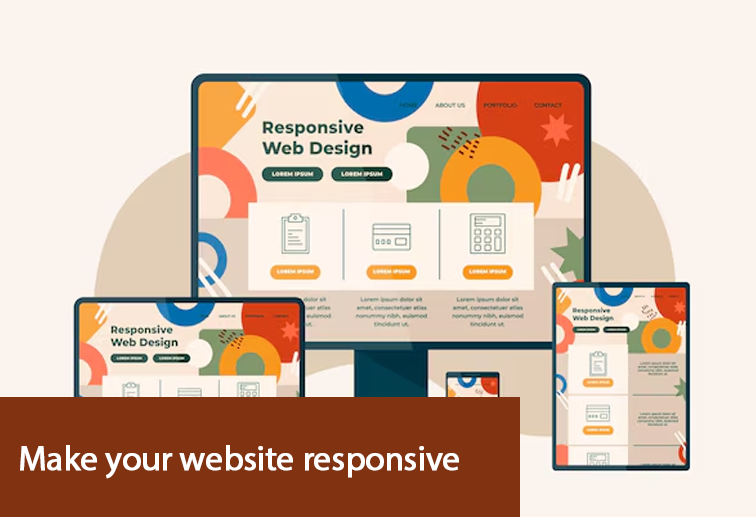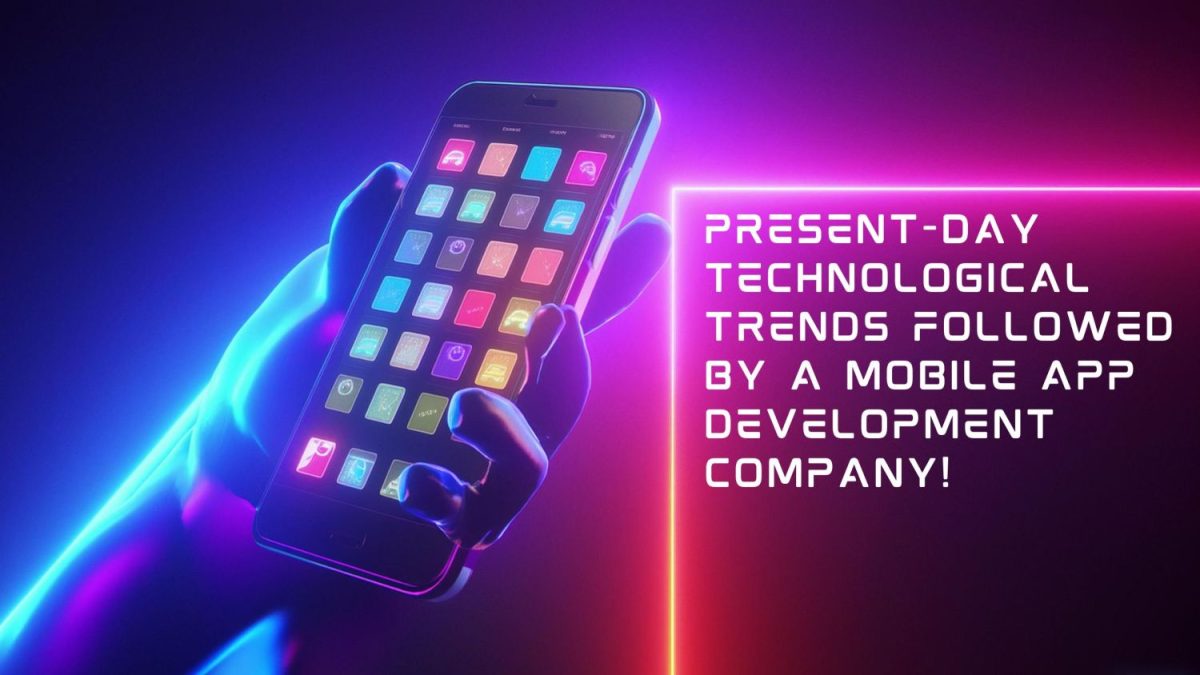Fueled by advanced tech innovation, the hospitality and travel sectors are undergoing a transformation, with blockchain technology leading as a revolutionary game-changer. As travelers need more safety, transparency, and efficiency, blockchain delivers pioneering solutions in this industry. From simplifying financial operations to building customer trust, blockchain’s integration into hospitality and travel are reshaping how businesses are conducted and how guests experience their journeys.
Revolutionizing Hospitality & Travel Management: ITSpectrum Solutions Utilizes Blockchain Technology
ITSpectrum Solution stands at the leading edge of this revolution by offering cutting-edge blockchain technology tailored specifically for these dynamic industries.
Core Advantages Powering Industry Innovation
- Trust and Transparency
With blockchain technology, each transaction or data input is recorded on a distributed ledger, which is accessible and auditable by all users. This substantial change reduces conflicts and errors and establishes trust between hotel owners and travelers - Increase Operational Efficiency
Smart contracts automate workflows like bookings, cancellations, reimbursements, and loyalty point allocations, eliminating error and saving time. - Security Enhancement
Using strong encryption and advanced security protocols, blockchain ensures that sensitive client information like credentials, payment details, and booking records are stored and shared safely. This significantly minimizes the external threats, risk of data hacks, and identity theft. - Cost Reduction
By eliminating mediators such as online travel agencies, blockchain enables direct interactions between service providers and consumers—leading to reduced commission charges and fast processed payments.
The Role of Blockchain Technology in Hospitality & Travel Sectors
ITSpectrum Solution recognizes the transformational potential of blockchain to solve longstanding challenges such as data protection, transparency, and operational inefficiencies. By utilizing decentralized ledgers, hospitality and travel sectors can create more secure and transparent systems that boost trust among tourists, partners, and service providers. Blockchain’s immutable records assure that all transactions are tamper-proof, reducing fraud risks common in booking processes or loyalty programs.
Additionally, smart contracts enable automatic and self-reproductive agreements that streamline operations such as payment or reservation without intermediaries. As hospitality and travel industries become more digital-centered, blockchain provides reliable and smart solutions that increase the user experience by maintaining high standards of security. This integration eventually promotes more confidence among customers who seek a seamless experience.
- Increased data security through tamper-proof records
- Enhanced transparency for transactions and bookings
- Automated processes via smart contracts
- Reduction of fraud risks in reservations and payments
- Improved trust among stakeholders
Let’s explore how blockchain can enhance every stage of the travel experience
- Decentralized Booking Platforms
Challenge: Traditional booking platforms often involve multiple intermediaries, high commission fees, and delayed settlements.
Blockchain Solution: Decentralized platforms allow travelers to book directly with service providers via smart contracts. Payments are settled instantly using cryptocurrencies or stablecoins, and booking data is stored immutably.
Benefits:
- Zero booking fraud
- No double-booking
- Instant confirmations
- Reduced overhead costs
Real-world Example: A blockchain-powered hotel reservation system enables direct guest-to-hotel bookings, cutting out OTAs and saving 15–25% in fees
- Real-Time Identity Management with Digital Passports
Challenge: Repeated identity verification at hotels, airports, and borders is time-consuming and intrusive.
Blockchain Solution: Travelers can store biometric data, travel history, and verified credentials in a blockchain-based digital ID. This ID can be instantly and securely shared with service providers.
Benefits:
- Faster check-in and boarding
- Enhanced data privacy
- Reduced administrative burden
- Fraud prevention
Real-world Example: A guest checks into a hotel by scanning a QR code from their mobile wallet containing a self-sovereign identity verified on blockchain.
- Smart Loyalty & Rewards Ecosystems
Challenge: Loyalty programs are often rigid, hard to track, and non-transferable across brands.
Blockchain Solution: Reward points become tokenized assets that can be redeemed or exchanged across different platforms in real-time.
Benefits:
- Interoperability between businesses
- Increased user engagement
- Real-time tracking and redemption
- Reduced breakage of unused points
Real-world Example: A customer earns loyalty tokens after a hotel stay and immediately uses them for an airport lounge upgrade or restaurant discount—without needing to convert or wait.
- Baggage Tracking & Logistics Management
Challenge: Baggage mismanagement leads to costly compensation claims and negative customer experiences.
Blockchain Solution: By integrating RFID tags and IoT sensors with blockchain, luggage data is recorded immutably and can be accessed by airlines, airports, and passengers in real-time.
Benefits:
- Enhanced traceability
- Fewer lost items
- Automated chain-of-custody logs
- Transparent claim processing
Real-world Example: A traveler tracks their bag’s journey from check-in to carousel using a mobile app connected to a blockchain-based tracking system.
- Transparent and Verified Customer Reviews
Challenge: Fake reviews damage brand reputation and mislead customers.
Blockchain Solution: Reviews are time-stamped, linked to verified stays or experiences, and stored on an immutable ledger.
Benefits:
- Authentic reviews
- Trusted decision-making for new customers
- Prevention of spam and bots
Real-world Example: Only guests who have stayed at a property can leave a review, verified via blockchain-smart contract integration.
- Travel Insurance Claims Automation
Challenge: Traditional travel insurance claim processes are slow, manual, and prone to disputes.
Blockchain Solution: Smart contracts automatically trigger claim payouts based on verified data such as flight delays, cancellations, or lost luggage.
Benefits:
- Faster settlements
- Lower administrative costs
- Tamper-proof claim records
- Reduced fraud
Real-world Example: A traveler receives a partial refund automatically when their flight is delayed beyond a preset threshold.
- Visa & Immigration Processes
Challenge: Manual visa processing is slow and error-prone.
Blockchain Solution: Visa applications, background checks, and approvals can be stored and processed on a blockchain shared securely between consulates, airlines, and customs departments.
Benefits:
- Reduced processing time
- Enhanced security
Real-time status updates
Real-world Example: Tourists from a blockchain-friendly travel corridor apply for digital visas that are approved and verified in hours, not weeks.
- Staff Credential Verification & Management
Challenge: Verifying staff qualifications, employment history, and training certifications across regions is time-consuming and inefficient.
Blockchain Solution: All employment and training records can be stored immutably and accessed by authorized parties for recruitment or compliance.
Benefits:
- Reduced HR overhead
- Real-time verification of qualifications
- Enhanced hiring transparency
Real-world Example: A hotel group instantly verifies a candidate’s work history and skills using a blockchain resume stored on a decentralized professional network.
- Supply Chain Management for Hotels and Airlines
Challenge: Hospitality and airline businesses manage vast, complex supply chains—from food and beverages to aircraft parts and housekeeping supplies. These supply chains often suffer from poor transparency, inefficiencies, counterfeit products, and delivery delays.
Blockchain Solution: Blockchain enables end-to-end supply chain visibility by recording every stage of procurement and logistics in a secure, immutable ledger. Each product or component can be tagged with a unique identifier and tracked from origin to destination in real time.
Benefits:
- Real-time inventory and procurement tracking
- Supplier performance transparency
- Authentication of goods (e.g., food safety, branded materials)
- Faster dispute resolution and compliance reporting
Real-world Example: A hotel chain uses blockchain to trace the source of organic food products, verifying farm-to-table authenticity for sustainability-conscious guests.
- Group Travel & Shared Economy Coordination
Challenge: Managing payments, logistics, and responsibilities for group travel (e.g., tour packages, family vacations, business retreats) is complicated and prone to miscommunication or delays.
Blockchain Solution: With smart contracts and decentralized apps (dApps), group members can automatically split costs, track itineraries, vote on decisions, and confirm bookings in a shared, tamper-proof environment.
Benefits:
- Automatic cost-splitting and reimbursements
- Transparent group decision-making (voting on destinations, accommodations)
- Secure shared wallets for group expenses
- Real-time activity tracking and updates
Real-world Example: A blockchain-based group travel app allows ten travelers to co-manage their itinerary, handle payments for hotels and activities via a shared crypto wallet, and vote on changes instantly via smart contracts.
Transforming Hospitality & Travel: The Future Powered by Blockchain
From the world of hospitality and travel, blockchain technology is rapidly becoming smart technology for the future landscape. Blockchain technology is rapidly becoming an indispensable tool shaping the future landscape of hospitality and travel industries worldwide. Its ability to enhance security protocols protects sensitive guest information; streamline complex transactions reduces costs; create interoperable loyalty ecosystems increases engagement; improve supply chain transparency fosters ethical sourcing; expedite identity verification simplifies global mobility; revolutionize booking processes ensures reliability; and promote sustainability aligns business practices with ecological values—all these benefits position blockchain as an essential driver of innovation in this dynamic sector.
ITSPECTRUM Solution Company’s deployment of blockchain technology signifies a significant leap forward in transforming how the hospitality and travel sectors operate today—and prepare for future challenges ahead. It secures transactions involving confidential guest information, reduces costs by streamlining complex contracts, builds interoperable loyalty ecosystems for increased engagement, enhances supply chain transparency for ethical sourcing, expedites identity verification for easy global mobility, modernizes booking systems for reliability-conscious clients, and lends support to sustainability-aware businesses. All these applications demonstrate how blockchain creates tangible value for industry stakeholders at every level. As digital disruption continues accelerating globally, embracing these advanced solutions will prove essential for staying competitive—and building lasting trust among increasingly discerning consumers seeking transparency combined with convenience.
Especially by partnering with the expertise of the ITSpectrum Solutions in deploying blockchain solutions optimized for hospitality and travel businesses—you unlock unparalleled possibilities that drive growth today while paving the way for sustainable success tomorrow.
Let’s Build the Future Together….
At ITSpectrum Solutions, we don’t just provide technology—we deliver transformation. If you’re ready to explore how blockchain can revolutionize your hospitality or travel business, our expert team is here to guide you at every step.
🔗 Visit us at www.itspectrumsolutions.com
📧 Contact: [email protected]
📞 Phone: +91 8100009773 / +91 9073331837


